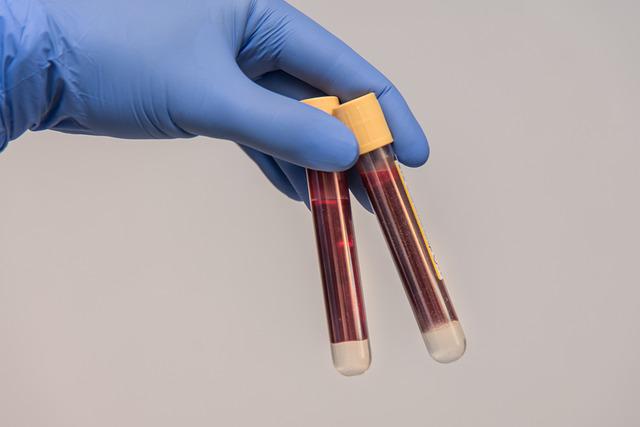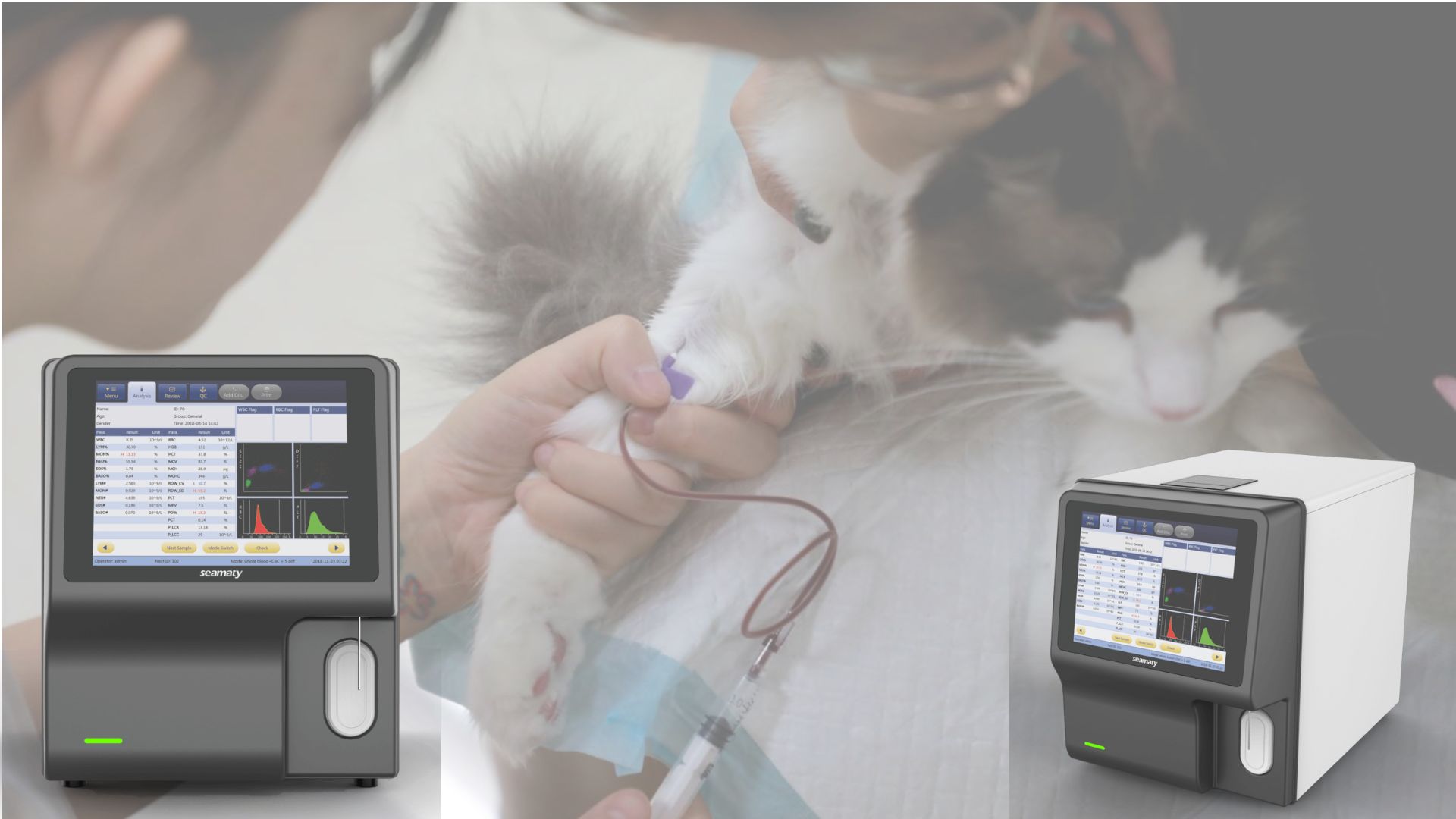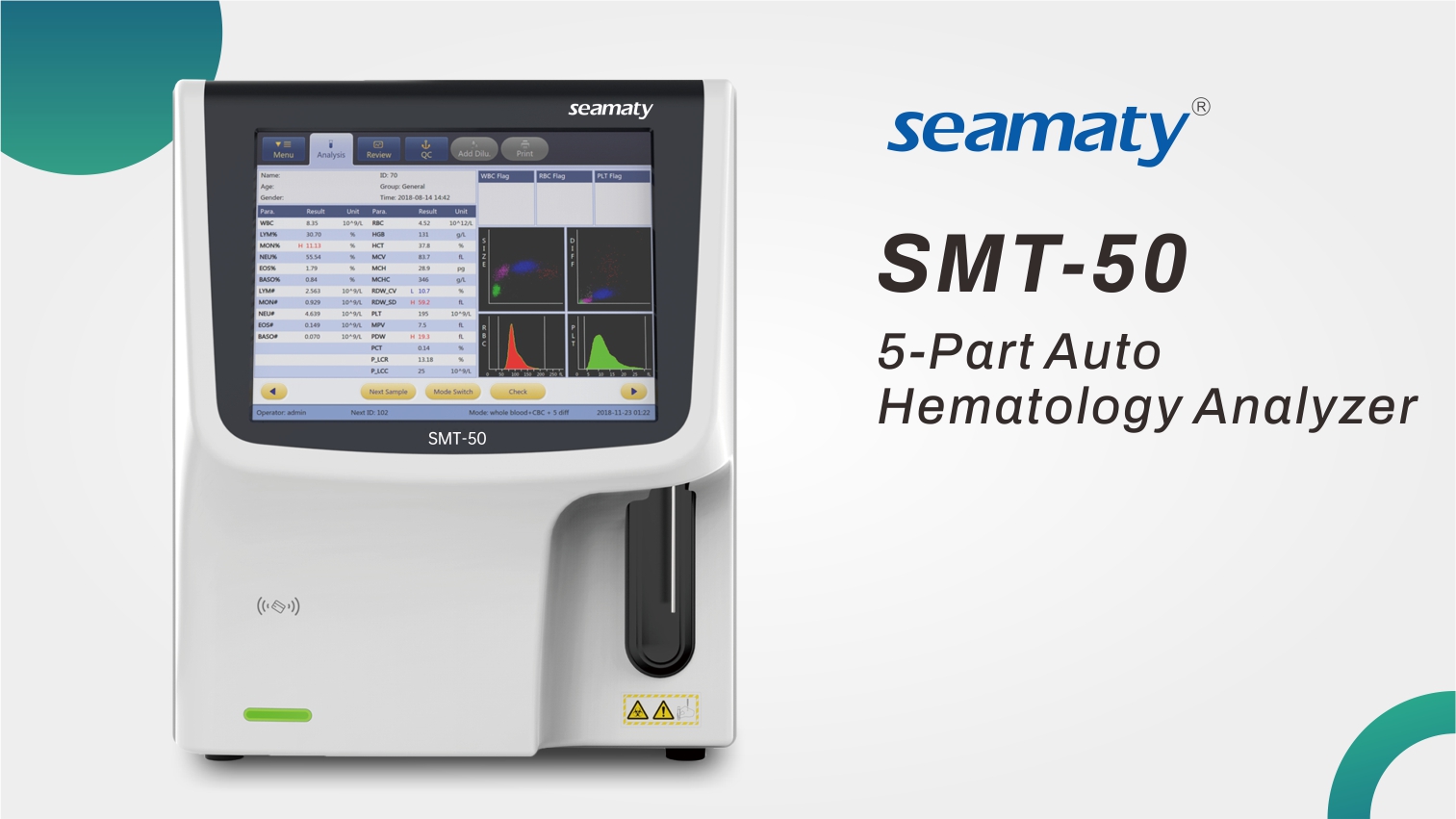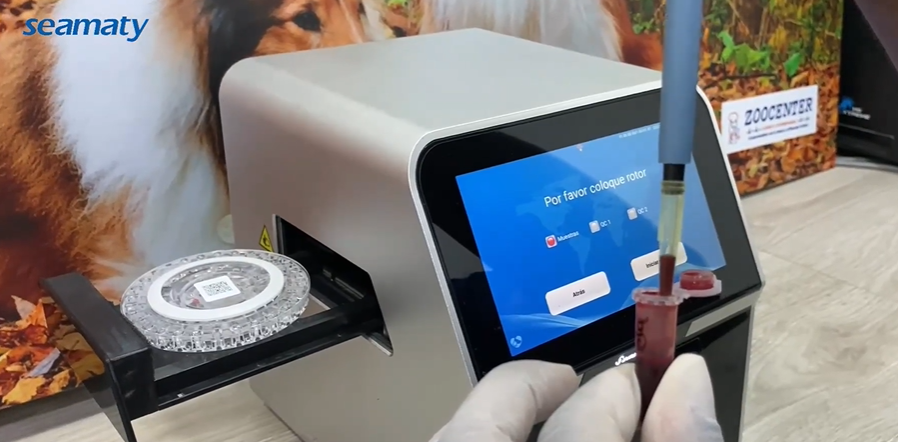release time:2021-12-30 10:47:53
Hemolysis is a frequent phenomenon in clinical biochemical testing of blood samples. Hemolysis can affect the accuracy of biochemical test results. And hemolysis very often occurs when blood is drawn. So what are the causes of hemolysis when blood is drawn?


2023-07-21
Explore the vital role of hematology in veterinary care and the advancements in blood analysis technology. Learn about 3-part vs. 5-part analyzers, and how they revolutionize pet healthcare, ensuring accurate diagnoses and improved treatment for your furry friends.

2022-09-15
Hematology analyzer is currently the most commonly used testing instrument for clinical blood general examination. Instrument frequent use will inevitably malfunction. In addition to some relatively large failures, such as negative pressure pump into the water, peristaltic pump weakness, counting errors or not counting at all, etc. need to be repaired by the instrument manufacturer engineers. In fact, many small faults can be solved by yourself.

2022-04-13
There are many factors that can affect the results of a biochemistry analyser. Haemolysis is a common cause. The effect of haemolysed samples on the results of a dry biochemistry analyser is discussed below.